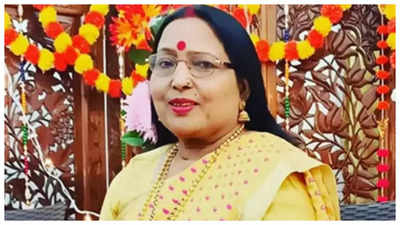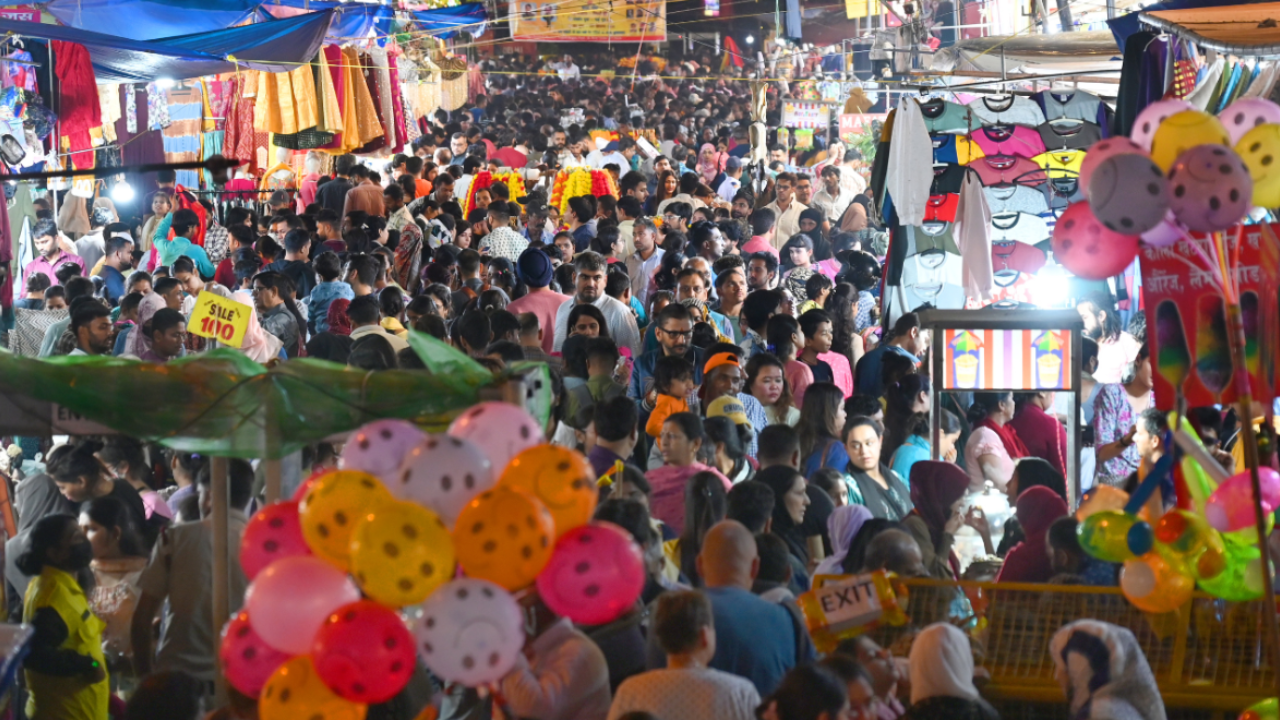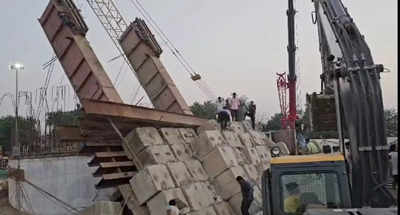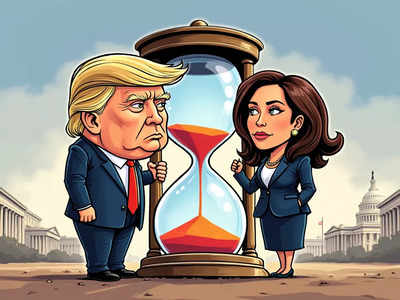India may expand census to include more questions around caste | India News
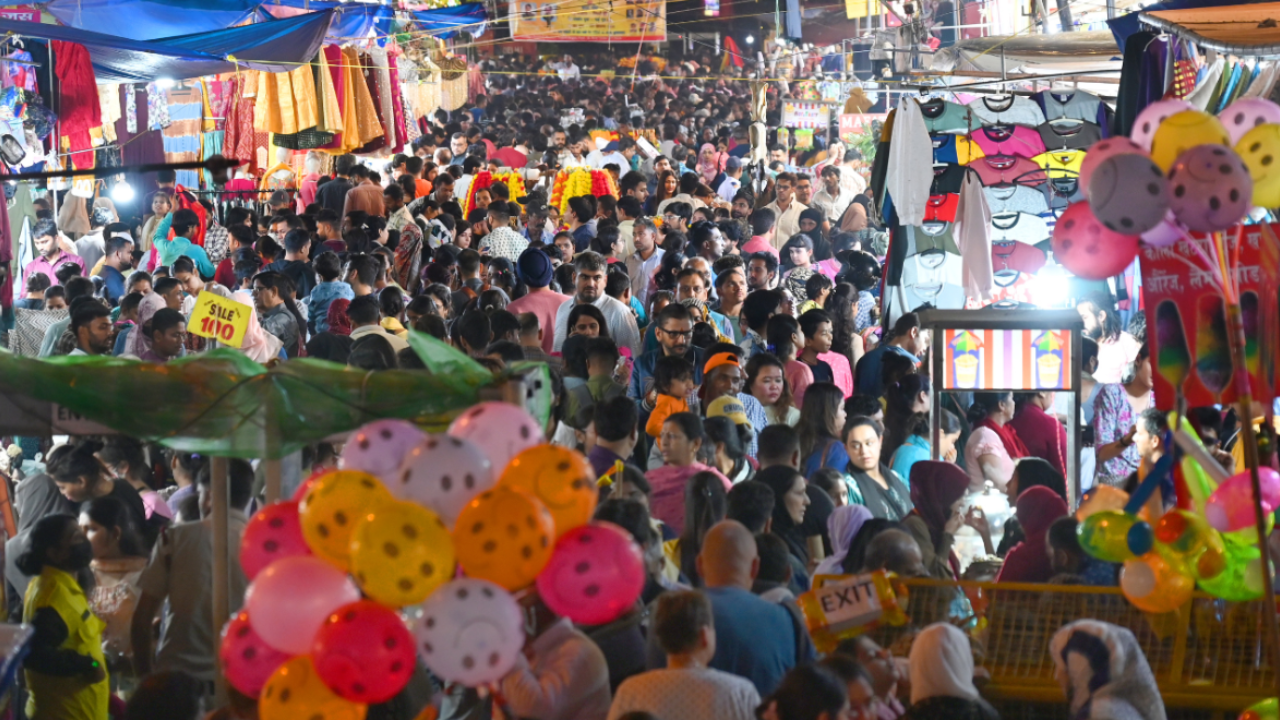
[ad_1]
Government is considering expanding questions around caste in an upcoming population census, a person familiar with the matter said, after it became a hot-button election issue.
In the last population census in 2011, respondents were asked to identify if they belonged to one of two castes listed in the questionnaire, namely “scheduled caste” or “scheduled tribe” groups, who are the most disadvantaged in society.
Officials are now debating whether to add a third caste category, called “other backward class” to the questionnaire or whether to conduct a separate caste survey, the person said, asking not to be identified as the discussions are private. Prime Minister Narendra Modi’s office will make a final decision on the matter, the person said.
India’s home and statistics ministries are expected to begin the process for the long-delayed population census exercise as early as next month, people familiar with the matter said. Officials in the ministries estimate it will take about 18 months to complete, they said.
India has no official data on the number of people belonging to a particular caste. A count would allow the government to redistribute resources more effectively and tailor affirmative action policies as needed.
Caste identity played a big role in India’s election, with many in the lowest rungs of society turning against PM Modi’s Bharatiya Janata Party, contributing to it losing its majority in the parliament. Opposition groups campaigned on promises of conducting comprehensive caste surveys to better target affirmative action policies for socially and economically-backward classes.
Spokespeople for the home and statistics ministries didn’t immediately respond to requests for further information.
The population census, last published in 2011, is usually conducted once a decade, but was delayed because of the pandemic.
The process to define the methodology for the new population census will begin by September and if timelines are adhered to the results are expected to be ready by March 2026 at the earliest, the people said. The government will begin training thousands of staff to begin conducting the surveys, the people said.
In the last population census in 2011, respondents were asked to identify if they belonged to one of two castes listed in the questionnaire, namely “scheduled caste” or “scheduled tribe” groups, who are the most disadvantaged in society.
Officials are now debating whether to add a third caste category, called “other backward class” to the questionnaire or whether to conduct a separate caste survey, the person said, asking not to be identified as the discussions are private. Prime Minister Narendra Modi’s office will make a final decision on the matter, the person said.
India’s home and statistics ministries are expected to begin the process for the long-delayed population census exercise as early as next month, people familiar with the matter said. Officials in the ministries estimate it will take about 18 months to complete, they said.
India has no official data on the number of people belonging to a particular caste. A count would allow the government to redistribute resources more effectively and tailor affirmative action policies as needed.
Caste identity played a big role in India’s election, with many in the lowest rungs of society turning against PM Modi’s Bharatiya Janata Party, contributing to it losing its majority in the parliament. Opposition groups campaigned on promises of conducting comprehensive caste surveys to better target affirmative action policies for socially and economically-backward classes.
Spokespeople for the home and statistics ministries didn’t immediately respond to requests for further information.
The population census, last published in 2011, is usually conducted once a decade, but was delayed because of the pandemic.
The process to define the methodology for the new population census will begin by September and if timelines are adhered to the results are expected to be ready by March 2026 at the earliest, the people said. The government will begin training thousands of staff to begin conducting the surveys, the people said.
